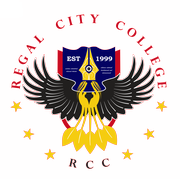Data interchange is essential to carry out business transactions. The challenge in carrying out data interchange lies in establishing standard interfaces among enterprises with related business interests or groups within an enterprise, in which the data is stored in disparate forms. XML provides a structure for storing data in text format, which can be used as a standard format or protocol for data interchange. The student will learn various XML-related technologies including Document Type Definitions, XML schemas, style sheets, and XML Document Object Model (XML DOM). The course starts with an introduction to Electronic Data Interchange (EDI). Then, it discusses the role of XML as a standard data interchange format. The course also covers the creation of well-formed and valid XML documents. In addition, the course covers the creation of style sheets for formatting XML documents and viewing them in a browser. The course also discusses the use of XML DOM to access an XML document programmatically. This course also covers the integration of XML with Microsoft SQL Server 2000.
The administration of a computer network requires an in-depth knowledge of the basic networking concepts. This module aims at providing the learner with this knowledge of computer networks. The module starts with the definition of a computer network and goes on to explain the implementation of the various types of computer networks. It deals with the theory of networks, including topics like, transmission media, types of networks, protocols, access methods, administration of the network, implementation of large networks and network troubleshooting.
- Teacher: Syazwani Abdul Kadir
- Teacher: Siaw Tiong Ang
- Teacher: Avylia Noami Nelson
- Teacher: Abner Norman
- Teacher: Stephanie Annie Tupi
- Non-editing teacher: Muhammad Iskandar Bin David
